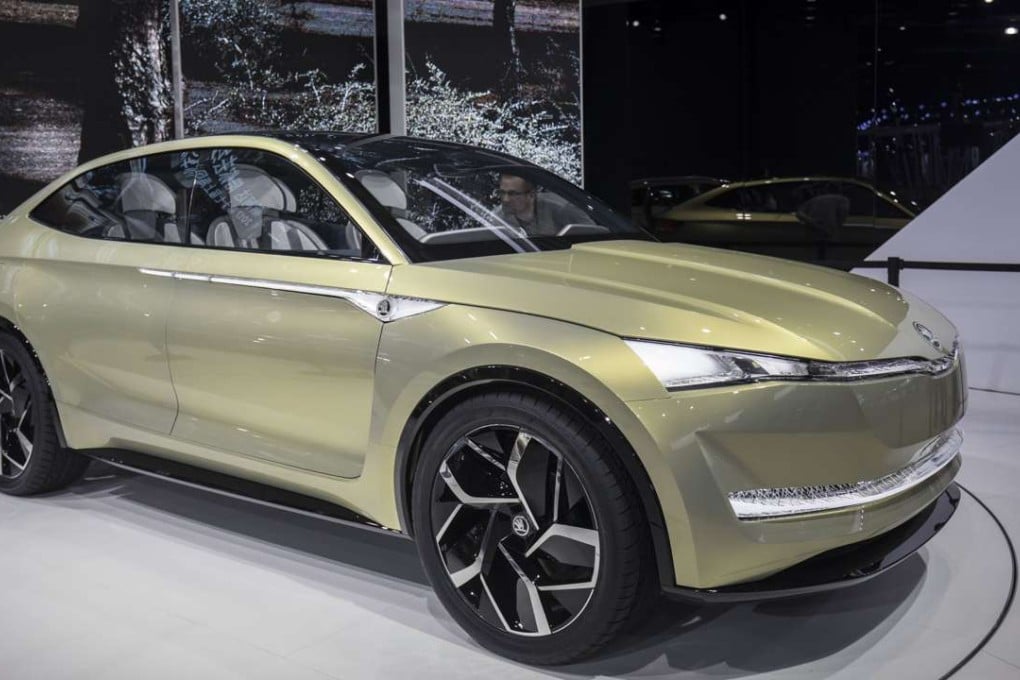Auto makers tap China’s middle class as car sales set to slow
Motorists’ rising affluence and increasing demand for bigger, more expensive cars is music to the ears of manufacturers

With car sales widely expected to lose their momentum in China this year, manufacturers have decided the middle class’s growing appetite for SUVs and clean-energy vehicles is their best bet.
Following a robust 15 per cent growth in 2016, sales of passenger vehicles are likely to increase at a much slower pace this year, with the China Association of Automobile Manufacturers (CAAM) forecasting a 5 per cent year-on-year rise.
Among the likely reasons for the projected decline is a decision by Beijing to roll back a tax incentive it introduced last year to bolster sales of smaller cars. The purchase tax for cars with engines of 1.6 litres capacity or lower was raised to 7.5 per cent this year from 5 per cent in 2016, and will return to its standard 10 per cent in 2018.
We can still drive sales growth with a shift of focus to bigger vehicles such as SUVs
“The tax policy will have a negative impact on the sales of small cars,” said Leon Liu, chief executive of Qoros Auto, a 50-50 joint venture between Chery Automobile and Israel’s Kenon Holdings. “But we can still drive sales growth with a shift of focus to bigger vehicles such as SUVs.”
Speaking to the South China Morning Post at the Auto Shanghai 2017 exhibition, Liu said Qoros will launch three new models including a sport-utility vehicle and an electric sedan this year with a plan to nearly double the number of dealerships to 200.
“The tax issue is not a decisive factor,” he added. “By moving up to make and sell large and clean-energy vehicles, we are bullish about our businesses this year.”
The rollback of the tax cut translates into an additional expense of 2,500 yuan for the purchase of a car worth 100,000 yuan. The preferential policy helped push sales of 1.6-litre engine cars and smaller to 17.6 million units last year, up 21.4 per cent from 2015.